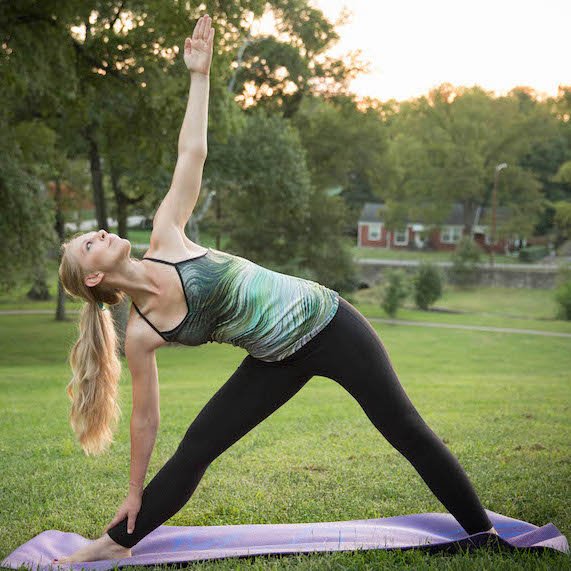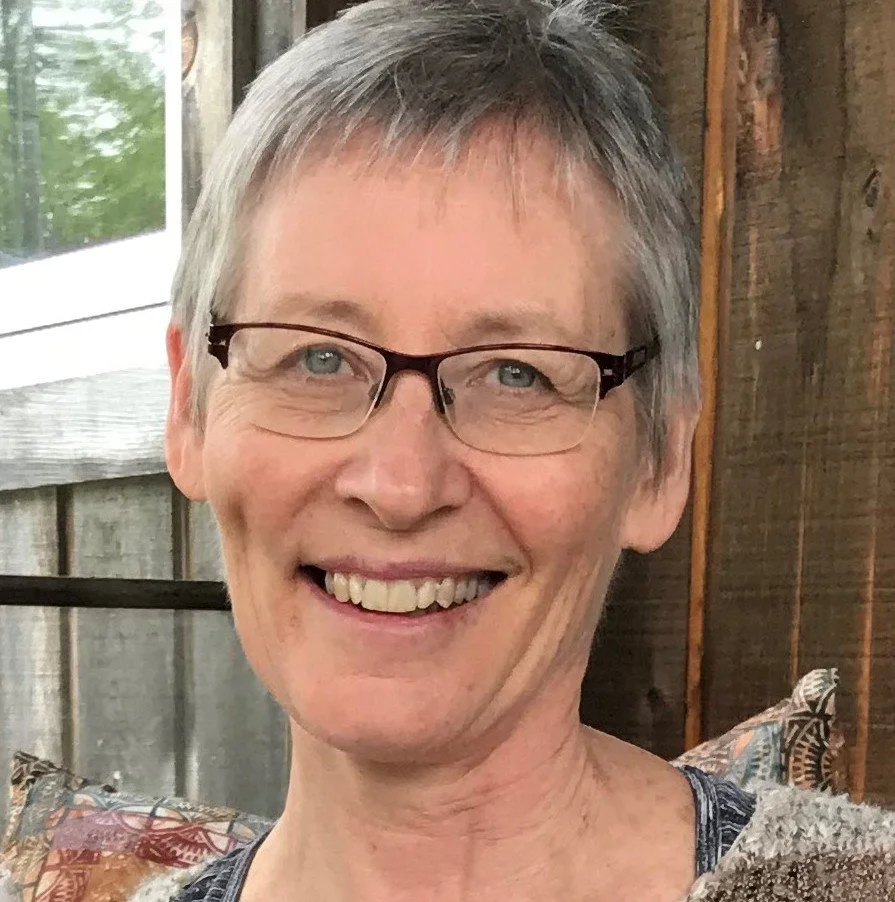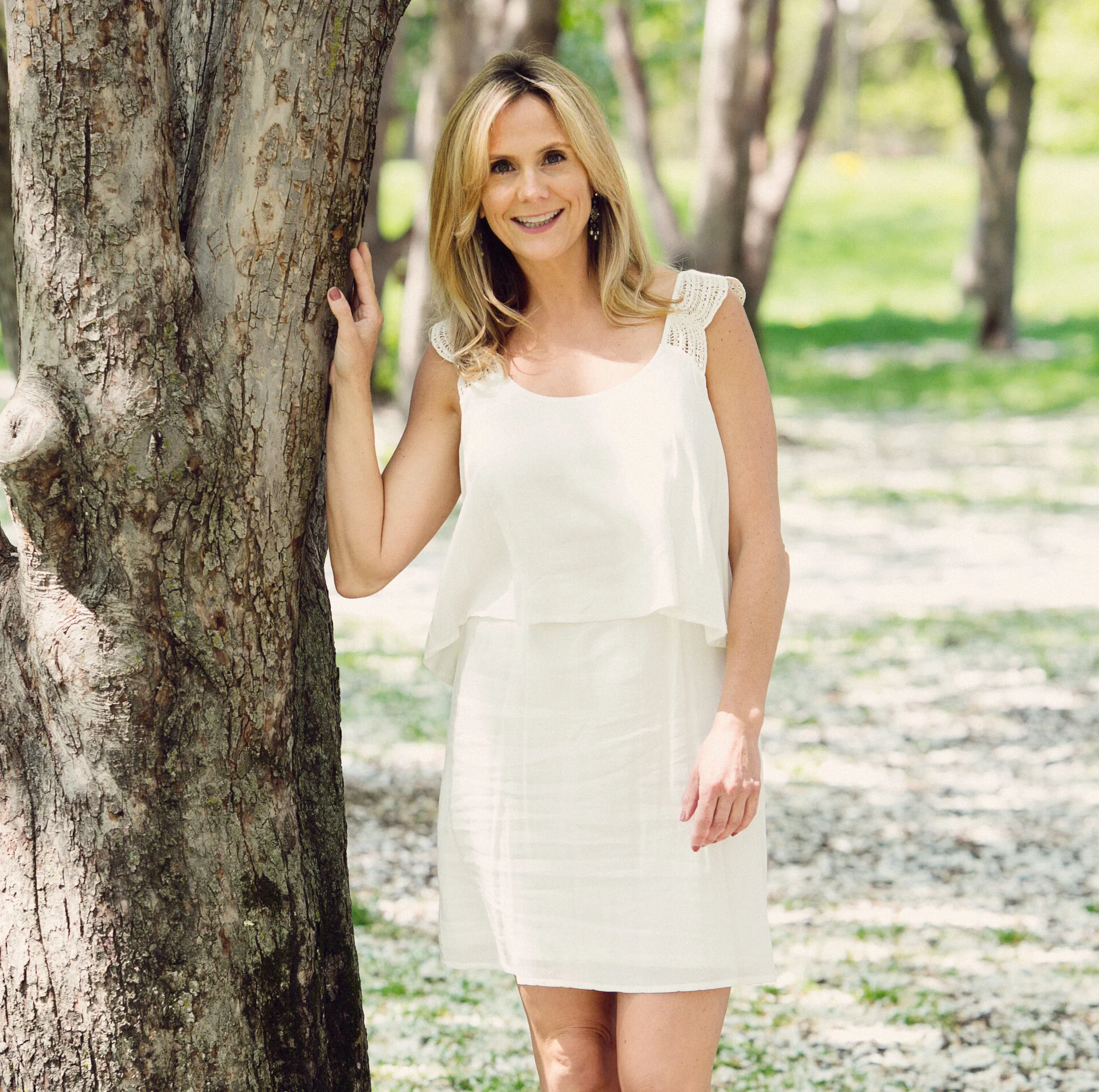Bodyful Episode #22: Jasmin Cage on the Power of the Subconscious
/By Valerie Martin
In 2018, I went to a hypnotherapy training near Seattle. It was not your traditional therapy training— there were maybe about 30 of us staying at essentially a large cabin in the woods for about 6 days, sharing a room with 3 random strangers.
One of my roommates, Jasmin Cage, happened to be from Memphis, just a couple hours down the road from me in Nashville— and we hit it off instantly. Both yoga teachers, both vegan (for the animals and other reasons), both Enneagram 7 squirrel-brains. 😝
I’d always regretted not staying in touch with Jasmin after the training… one of those things where, after a few months had passe, I felt like I’d missed the window. Wouldn’t it be “weird” to reach out a year, 2 years later? Would she even remember me? But 4 years after that training, this August, Jasmin popped into my inbox with the gift of reconnecting AND reminding me an important lesson that avoiding doing something based mostly in worrying about what other people might think is just plain SILLY.
In this conversation, Jasmin and I shared our candid thoughts on hypnosis/hypnotherapy, the yoga world, and got into a nuanced discussion of drinking culture, sobriety (including her new project Sobrietree), and… well, we had so much to cover that we’re planning to do a part 2, coming soon!
To listen to the episode, stream from the podcast player below, or search & subscribe to Bodyful on Spotify, Apple Podcasts, or wherever you listen to podcasts.
About Jasmin (she/her)
Jasmin Cage is a Memphis, Tennessee-based fine artist and RYT-200 (soon to be 500) yoga instructor. She is a Certified Peer Recovery Specialist, Heart-Centered Hypnotherapist, and a Certified Y12SR practitioner (Yoga of 12 Step Recovery). Jasmin currently teaches yoga, breathwork, and meditative practices at Lakeside Behavioral Health Systems- a network of inpatient psychiatric facilities in west Tennessee. She recently launched Sobrietree, a project incorporating yoga, art, and spoken word.
You can find out more about Jasmin and her work at jasmincageart.com and on Instagram @sobrietree.
Stuff Mentioned + Additional Resources:
Huberman Lab podcast on hypnosis with Dr. David Spiegel
(also, check out the links on THAT show notes page for more on Dr. Spiegel’s research and related resources!)







